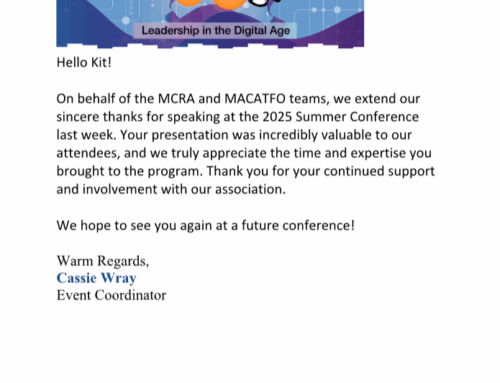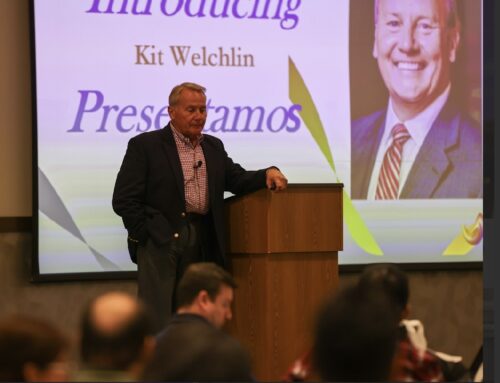Self-regulation is that little voice inside. It is the component of emotional intelligence that frees us from being a victim of our feelings. People that possess Emotional Intelligence, feel bad moods and emotional impulses, just as everyone else does, but they find ways to control and channel those feelings in useful ways.
Self-regulation enhances integrity, which not only good for the person, but also good for their profession. Many of the bad things that happen in organizations are a function of impulsive behavior, such as exaggerating profits, padding expense accounts, or abusing power.
The signs of emotional self-regulation include the patience for reflection and thoughtfulness, comfort with ambiguity and change, and an ability to say no to impulsive urges.
People who are in control of their feelings and impulses are reasonable, and are able to create an environment of trust and fairness. In such an environment, politics and infighting are sharply reduced and productivity is high.
Biological impulses drive our emotions. People who have mastered their emotions are able to roll with the punches and the changes. People that possess Emotional Intelligence are able to suspend judgment, seek information, and listen to coworkers as they explain new ideas and initiatives.
If you and your coworkers could benefit from an engaging presentation on emotional intelligence, contact me at kit@welchlin.com, and I will provide an interactive presentation that will refine your emotional intelligence.
If you need to find a keynote speaker, plenary speaker, breakout speaker, concurrent session speaker, seminar leader, or workshop facilitator who can deliver in-person, virtually, or via prerecorded session, Kit Welchlin, M.A., CSP, CVP, is a nationally recognized professional motivational speaker and author and can be found at www.welchlin.com or www.SeminarsOnStress.com.




